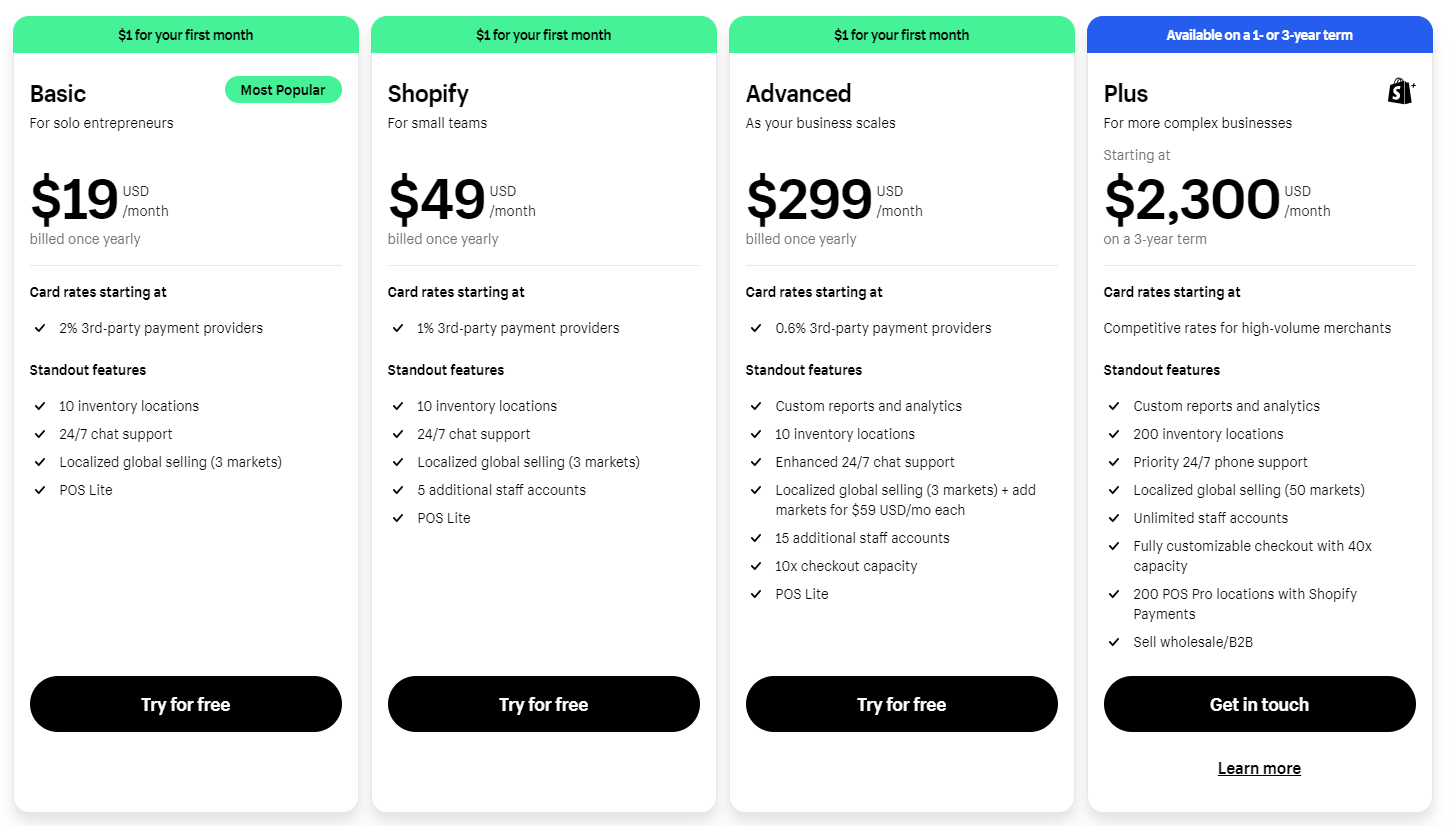
It can be challenging to keep track of your expenses and revenue, regardless of whether you are just starting a business or have been running an online store for years.
Along with managing your business, you also have to handle tax returns, credit card chargebacks, and more. The first time you dive in, it can be overwhelming and confusing. However, this doesn’t have to be the case.
In this article, we’ll cover bookkeeping basics to help you keep track of your business’s finances, no matter if it’s an e-commerce business, an agency, or a software company.
This advice applied to Amazon sellers, Shopify store owners, WooCommerce stores, Etsy sellers, marketing agency owners, SAAS companies, and any other online service provider.
What Is Bookkeeping?
Bookkeeping is the process of keeping track of a company’s finances, i.e., how much money flows into and flows out of business.
In more detail, bookkeeping involves:
- Making a record of the financial transactions of your business (including payments and receipts)
- Creating, sending, and tracking invoices
- Keeping a log of payments and paying suppliers
- Keeping and recording track of payroll (for employees, contractors, or freelancers)
- Maintaining a list of receivables (this includes all bills and lines of credit that have been extended to customers, in addition to invoices)
- Establishing and maintaining the general ledger for your business
Bookkeeping transactions can either be manually entered in a book or entered using a spreadsheet tool such as Excel. However, nowadays, most businesses use software (Quickbooks Online, Xero, etc.) to keep track of their financial transactions. And you may use either a single-entry or a double-entry accounting system to keep track of financial transactions.
What Are the 3 Main Financial Statements?

The financial statements you prepare for your business are not just reflections of how well your company is doing financially. In addition, you can use them to improve your business’s financial decision-making.
There are 3 key financial statements you should know to understand your company’s financial position fully:
- Income statement
- Balance sheet
- Cash flow statement
We’ve summarized each statement below to help you understand and make the most of them.
Income Statement
The income statement, also known as the profit and loss statement, summarizes your revenue, expenses, and costs. The income statement shows your company’s bottom line or net income, so business lenders and investors typically use them to determine whether your company has made or lost money. In addition, your business’s net income determines its taxable income every year.
Key features:
- Provides an overview of a business’s revenue and expenses
- Measured over time (e.g., one year, one quarter, year-to-date, etc.)
- Provides figures based on accounting principles (not cash basis)
- Used for assessing profitability
Balance Sheet
Only the balance sheet shows an organization’s current financial health among the 3 financial statements. Balance sheets do not have two sides like income statements, which show income and expenses. Instead, it displays three components, i.e., assets on one side, liabilities, and equity on the other. And both sides of your balance sheet must show the same amount to determine whether it is balanced. A simple equation determines how the three amounts relate.
That is how the equation looks for corporations:
Assets = Liabilities + Shareholder’s Equity
In the case of partnerships and sole proprietorships, it is as follows:
Assets = Liabilities + Owner’s Equity
Key features:
- Provides an overview of a business’s financial position
- Provides an overview of the financial position of the company at a given time (i.e., as of January 1, 2022)
- Contains asset, liability, and shareholder equity sections
Cash Flow Statement
Your cash flow statement shows the inflows and outflows of your business — how you spend cash and earn your income. A cash flow statement shows how your business’s cash moved during a particular period based on its cash flows from operations, investments, and financing.
Three types of activities are included in a cash flow statement:
- Operations: Your business’s receivables, payables, and inventory functions.
- Investing: Making long-term equipment improvements, purchasing or selling assets.
- Financing: borrowing money, paying back loans, etc., that don’t affect your profit margin but do affect your cash flow.
Key features:
- Calculates cash flow that has increased and decreased
- Presented over time (e.g., one year, one quarter, year-to-date, etc.)
- Shows pure cash movements by undoing accrual accounting principles
- Displays the net cash balance change from start to finish
How Can Proper Bookkeeping Help Me Save on Taxes?
Businesses are required to file their taxes at the end of the tax year. Your financial information will be ready for tax season when you have a bookkeeping process in place.
Consequently, when HMRC demands a financial statement from your business for tax purposes, if you keep detailed balance sheets over time, you can predict the outcome more accurately. Therefore, you won’t have to worry about penalties or fees.
By calculating your expenses and allowances more accurately, you should be able to find significant savings – while avoiding costly mistakes. Proper bookkeeping keeps you up to date on tax law, so you can legally reduce your tax bill. Also, with bookkeeping, you can determine legitimate tax-efficient strategies you can use, such as government incentives, allowances, expenses, and offset losses.
How Often Should I Have My Books Done?

Choosing to devote one hour a week to bookkeeping could be a good idea. However, setting aside a few minutes every day to monitor your business finances can be more efficient and effective.
If you’re checking email or completing other business admin tasks, you can do any bookkeeping tasks on your checklist at the same time. It’s good practice to check in on your business finances daily, even if you don’t have to perform every task on your bookkeeping checklist daily.
You might consider dividing bookkeeping tasks into ones you must do every day, such as monitoring cash flow, and those you can do weekly or monthly, such as paying suppliers. A good bookkeeping habit helps you keep track of your business finances and saves you time over time.
How Can Bookkeeping Help Me Sell My Business?
An accurate bookkeeping system is essential for any business wishing to succeed and sell. To sell your business to a wide customer base, sometimes you will need debt or equity financing. And when you ask someone to invest in your business, whether you seek equity or debt financing. To trust in your company’s repayment capacity or returns on investment, they need to know that your company will be successful.
A good bookkeeping system shines in this situation. You can curb doubt and shed light on your potential success rate by submitting detailed financial statements illustrating past, current, and future. Hence this way, you will gather more financial support that will help you expand your business and sell your products to a broader audience.
When Should I Hire Someone to Handle My Bookkeeping?

In most cases, hiring a bookkeeper at the beginning of your business venture is a good idea. The professionals will ensure that all your financial records are organized so that you won’t need to worry about untangling a mess later on.
As a start-up business owner, you probably wouldn’t think about your bookkeeping needs, as at that stage, you need to focus on more pressing matters. However, every year, you will need to complete your business accounts. If your business is a limited company, you must file a company account with Companies House. And when you are self-employed, you will be taxed based on your business accounts.
These statutory financial statements will be based on your bookkeeping records. You must include information about your sales, expenses, salaries, and other transactions related to your bank account. But what if you don’t have this information in place from the start? You will have a challenging time gathering all this information in place. So it is wise and advisable to hire professional bookkeepers from the start so you dont have a hard time keeping up.
What Happens If I Don’t Do My Bookkeeping?
You can lose a lot of time and resources if you do not keep up with your bookkeeping. Furthermore, you won’t be able to determine how well or poorly your business is performing. If you don’t keep your books, you run the risk of:
- Inaccurate and unreliable records: Keeping outdated financial records for your company makes your financial records unreliable. With outdated records, it is no longer possible to accurately track your cash flow or keep track of your debts. Also, identifying your company’s breakeven point is difficult since you can’t separate fixed and variable costs. Essentially, without bookkeeping, you cannot refer to your financial history if discrepancies are discovered.
- Cash flow suffers: If you don’t keep track of all your invoices, especially over a long period of time, you may lose track of them all. On the one hand, you might face an unnecessary shortage of funds, and on the other hand, you might accrue late fees for your accounts payable. Simply put, your entire cash flow goes awry.
- Increasing payroll problems: Paying employees on time and correctly is essential to running a business. Bookkeeping, however, makes it possible to keep track of unpaid leave, overtime, and bonuses.
Final Thoughts on Bookkeeping Basics for Entrepreneurs
Every business needs bookkeeping. Your business transactions and accompanying paperwork will increase as it grows. Managing your cash flow and monitoring your overall business success can be difficult without a proper bookkeeping system. However, when you have an effective bookkeeping system, you’ll be able to analyze your progress, manage admin tasks, set goals, and save time during tax season.
About EcomBalance
EcomBalance is a monthly bookkeeping service for eCommerce companies. EcomBalance handles your bookkeeping and sends you a Profit and Loss Statement, Balance Sheet, and Cash Flow Statement by the 15th of each month. EcomBalance also has a sister company, AccountsBalance, that caters to agencies, software companies, coaches, and other online companies.









